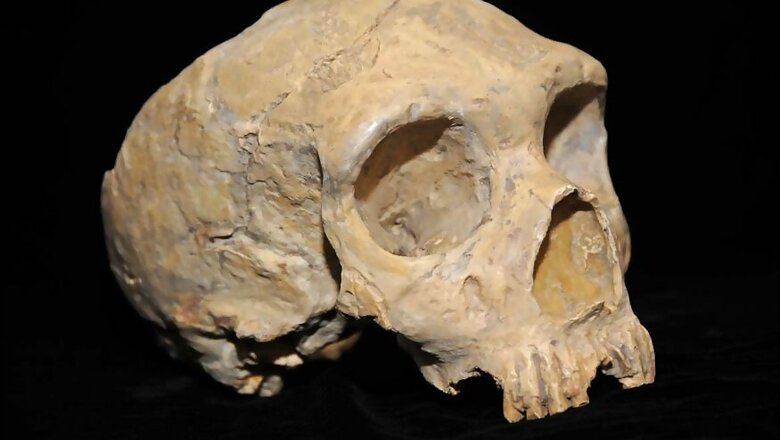
views
In a pivotal discovery that will contribute significantly to our understanding of mankind's origins, researchers at the University of California, Los Angeles (UCLA) have discovered an archaic hominin species that diverged from the family tree of modern humans almost half a billion years ago. The ancient species, which has been identified from within four pockets of West African populations, is believed to have interbred with modern humans. As a result, their genetic diversity has introgressed into modern humans, and the same can be seen represented in 2 percent to 19 percent among present day West Africans. The species, being a long-extinct archaic population that was closely linked to humans, is being referred to as a "ghost population" by virtue of remaining undiscovered for so long.
The observation was made by researchers Arun Durvasula and Sriram Sankararaman of UCLA, whose findings have now been published in the Science Advances journal. The authors state that the contribution of such ghost populations towards the genetic diversity of present-day Africans remain scarcely studied due to the difficulty in extracting the DNA from the fossilised remnants. This particular population is believed to have split from the human tree well before the Neanderthals, a more extensively studied hominin species that contributed to the genetic makeup of the European population, and Denisovans, a similar species that contributed to the gene pool in Oceania.
The researchers note in the abstract of their article, "Using a method that can identify segments of archaic ancestry without the need for reference archaic genomes, we built genome-wide maps of archaic ancestry in the Yoruba and the Mende populations. Analyses of these maps reveal segments of archaic ancestry at high frequency in these populations that represent potential targets of adaptive introgression." As a result, the recent finding leaves open the prospect of more such archaic species that may have interbred with humans, thereby introgressing their genes into humans, who then bred among themselves to pass this genetic diversity along.
Given the adjudged timeline of this population, it is expected that the species in question came well before the interjection of Neanderthals in human ancestry. Recent research on the gene pool of modern African population now suggests that the mass human migration theory, which stated that humans moved out of Africa in a single wave about 80,000 years ago, may also be wrong, and the first waves of migration may have happened well before that.


















Comments
0 comment